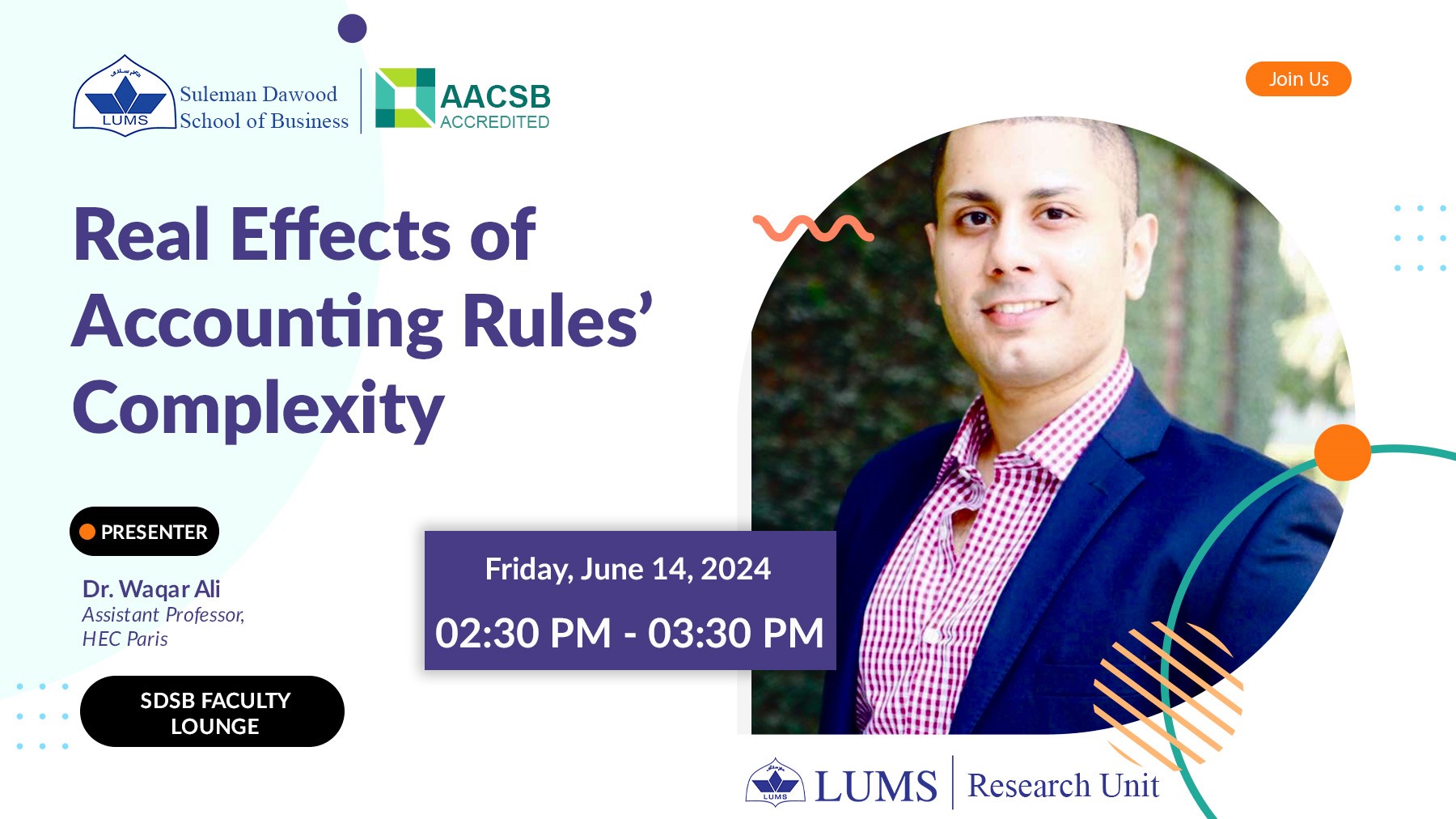
June 14, 2024

Abstract:
Complexity in applying financial accounting standards can have real operational effects if firms alter their actions in response to increased reporting costs. We examine whether the introduction of ASU 2017-12, designed to reduce compliance burden and better align hedge accounting rules with risk management practices, led to more effective hedging. Using detailed hedging disclosures, we show firms that adopt the ASU expand the use of hedge-accounted derivatives and reduce exposures to interest rate and foreign currency risks. ASU-adopting firms also reduce cash flow volatility, increase their use of debt, invest more, and reduce information asymmetry in the equity market. Our analyses inform FASB that easing hedge effectiveness tests and reliefs targeting ‘cash flow hedges’ and ‘net investment hedges of foreign operations’ were ASU’s most influential reforms. Our study is the first to integrate the effects of hedge accounting frictions on firms’ risk management and spillovers on debt financing and investments.
To read the full paper, please Click Here
Speaker’s Profile:
Waqar received his PhD in Accounting and M.S. in Management Sciences from INSEAD, his Associate Chartered Accountancy certification from ICAEW, and his BSc (Honours) in Accounting and Finance from the Suleman Dawood School of Business. His research focuses on the real and contracting effects of financial reporting, the role of accounting in debt markets, risk management accounting, revenue recognition, and standard-setting issues. Waqar has taught financial and managerial accounting to MBA and Masters students at INSEAD, and undergraduate advanced accounting, auditing, and managerial accounting at the Suleman Dawood School of Business. Before joining academia, Waqar held positions at Grant Thornton London (UK) in Assurance and at PricewaterhouseCoopers London (UK) in Treasury Advisory and Risk Management.
For queries about this event, please email shoaib.masud@lums.edu.pk

